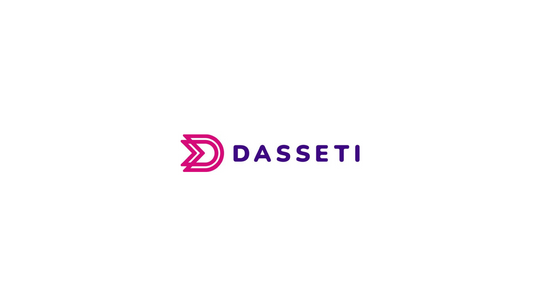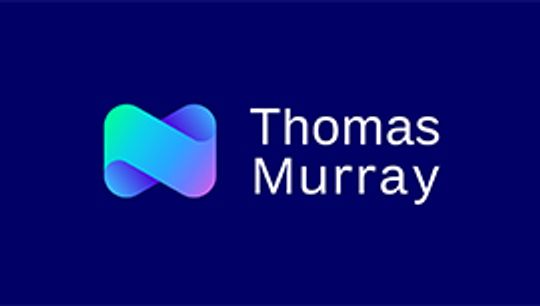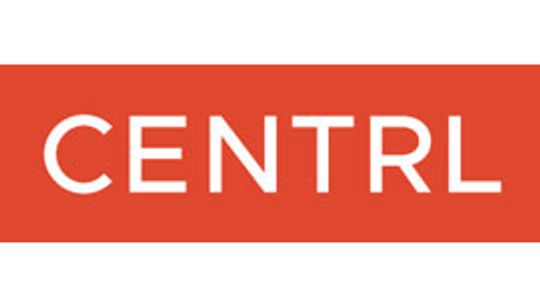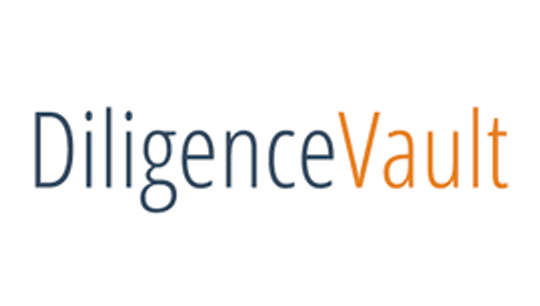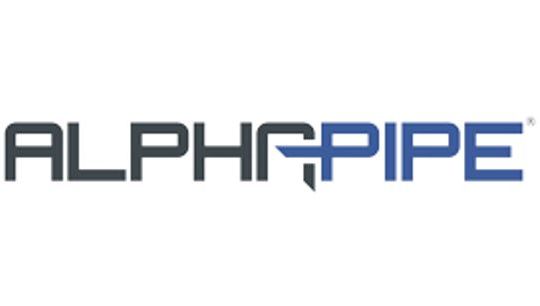Due Diligence Questionnaires
For more than 20 years, AIMA has been providing guidance and standardisation for its members around the world in the form of Due Diligence Questionnaires (DDQs).
AIMA's DDQs assist a) investors in assessing the fund investments they might make and b) fund managers in their choice of service providers, directors and boards of those funds. The first AIMA DDQ - for investors conducting due diligence on hedge fund managers - was published in 1997. It was a response to requests from investors for a standardised set of questions. Since then, the DDQs have gone on to become the industry-standard template. The AIMA DDQs can be downloaded by AIMA members below.
OTHER DDQ FAQs
Will blacklines showing the differences between the 2017 and 2019 versions of the modules in the Investment Manager DDQ be available?
Why is it useful for there to be a standardised set of questions?
Who uses the DDQ and how does it fit into the overall DD process?
The DDQ for investment managers has multiple modules. What is the easiest way for me to get started?
In situations where the investment manager is managing open-end funds, the easiest place to start is the Basic Open-End Setup and then add or replace modules as needed. Similarly, if the investment manager is managing closed-end funds, the easiest place to start is the Basic Closed-End Setup. Platform providers should start with the Basic Platform Provider Setup. Third party sub-advisory relationships should start with the Basic Sub-Adviser Setup. If the sub-advisory relationship is with an affiliate, however, consideration might be given as to whether it makes sense to discuss the sub-adviser as part of the “investment manager” for purposes of the modules regarding the investment manager. These DDQs are available here.
For Canadian Alternative Mutual Funds, UCITS and U.S. mutual funds, the Liquid Alternatives Fund DDQ may be the easiest place to start.
When should investors anticipate being able to get information from most managers on this new form?
The new form is in a substantially different format from the prior versions and contains lots of questions. We anticipate it will take most managers time to work through the new form and fill it in. It is reasonable to expect that investment managers will begin using the new form in 2018 or 2019.
How do the Short Form Manager Module and Short Form Fund Module relate to the other modules in the Illustrative Questionnaire for the Due Diligence of Investment Managers?
- Overview;
- Governance of the Investment Manager; and
- Operations and Risk Management,
The Short Form Fund Module represents a condensed version of the Open-End Private Fund Module and can be used in lieu of that module for open-end private funds and should be used in lieu of that module for any liquid alternatives funds.
Investors receiving information on one of these short forms should consider whether and to what extent they need or want more information than has been provided.
How will DDQ platforms verify whether my firm is a member and what happens to DDQs completed on the platform if my firm is no longer a member?
Our DDQs are licenced for use on a variety of third party platforms. These platforms are required to verify that any use through the platforms is in line with the applicable Terms of Use. This means that platform providers will be seeking validation from AIMA that either the platform user (the investor in the case of investor push systems or the manager in manager push systems). The platform provider will send us the relevant firm name by email and we will respond with whether the firm is a member or not. If not a member, the platform provider will be required to deny access to the our DDQ templates through the platform.
We will also notify the applicable platform providers when a previously verified user subsequently chooses not to renew. This will mean that the platform provider will be required to discontinue future access to the template documents, although previously distributed forms of the DDQ completed during the period of membership are permitted to be maintained.









